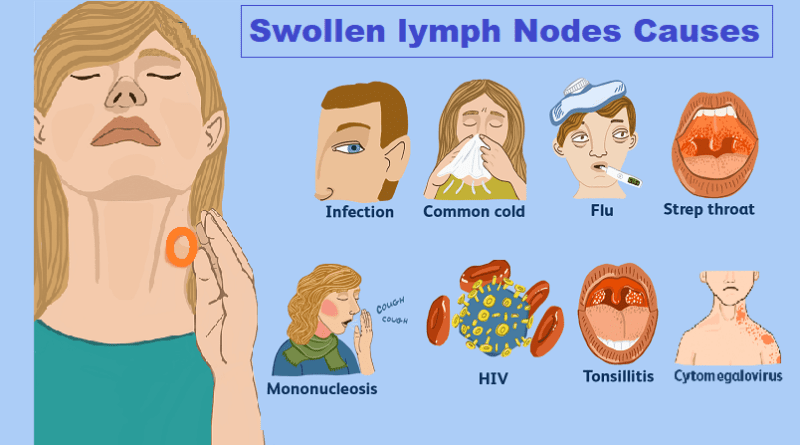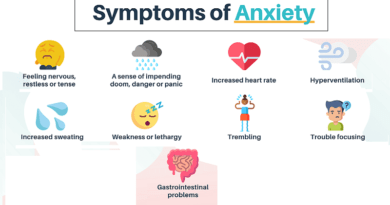Swollen lymph Nodes: Causes, Symptoms, and Treatment Options
Swollen lymph nodes can be a sign of an underlying health condition, mild or serious. The human body has a complex system of interconnected parts and functions, and the lymphatic system is one of them. It plays an essential role in maintaining your health, and It is a network of vessels, organs, and nodes that help the body fight infections and diseases. In this article, we’ll explore the causes, symptoms, and treatment options.
What are lymph nodes and the lymphatic system?
Lymph nodes, part of the lymphatic system, are small, bean-shaped structures, and are located throughout the body, including in the neck, armpits, groin, and behind the ears. They act as filters for lymph fluid, which carries waste products, toxins, and immune cells to everywhere in the body. The lymphatic system, which carries the lymph fluid, is made up of several components, including vessels, organs (spleen, thymus, and tonsils), and nodes.
What causes swollen lymph nodes?
This condition can be caused by a wide range of factors, including:
- Infections:
Bacterial, viral, or fungal infections can cause swollen lymph nodes, such as strep throat, mononucleosis, and tuberculosis. - Immune system disorders:
It can be a result of some autoimmune disorders, such as lupus or rheumatoid arthritis. - Cancer:
Lymphoma and leukemia are two types of cancer are other causes. - Allergic reactions:
Such as allergies to foods, medications, or insect bites. - Other medical conditions:
this condition can also be a symptom of other medical conditions, such as HIV, Kawasaki disease, or sarcoidosis.
What are the symptoms of swollen lymph nodes?
The most common symptom is swelling. Additionally, the affected lymph nodes may feel tender to the touch and may be accompanied by other symptoms, such as:
- Pain or discomfort
- Redness or warmth in the affected area
- Fever
- Fatigue
- Night sweats
- Weight loss
- Difficulty breathing or swallowing (in rare cases)
Treatment
The treatment depends on the underlying cause. In most cases, the swelling will go away on its own as the body fights off the infection or disease. However, if the swelling is severe or doesn’t go away on its own, your doctor may recommend treatment options such as:
- Antibiotics: If the swelling is caused by a bacterial infection, your doctor may prescribe antibiotics to help fight the infection.
- Pain relievers: Over-the-counter pain relievers such as acetaminophen or ibuprofen can help reduce pain and discomfort.
- Warm compresses: Applying a warm compress to the affected area can help reduce swelling and ease pain.
- Surgery: In some cases, surgery may be required to remove the swollen lymph node.
SUMMARY
Swollen lymph nodes can be a sign of an underlying health condition and should be evaluated by a healthcare professional if they persist or are accompanied by other symptoms. The treatment for swollen lymph nodes depends on the underlying cause, and in most cases, the swelling will go away on its own as the body fights off the infection or disease. If you’re experiencing swollen lymph nodes, make an appointment with your doctor to discuss the best treatment options for you.
SOURCES
- https://www.mayoclinic.org/diseases-conditions
- Lymphadenopathy: Symptoms, Treatment & Causes (medicinenet.com)
- https://www.healthline.com/health/swollen-lymph-nodes




